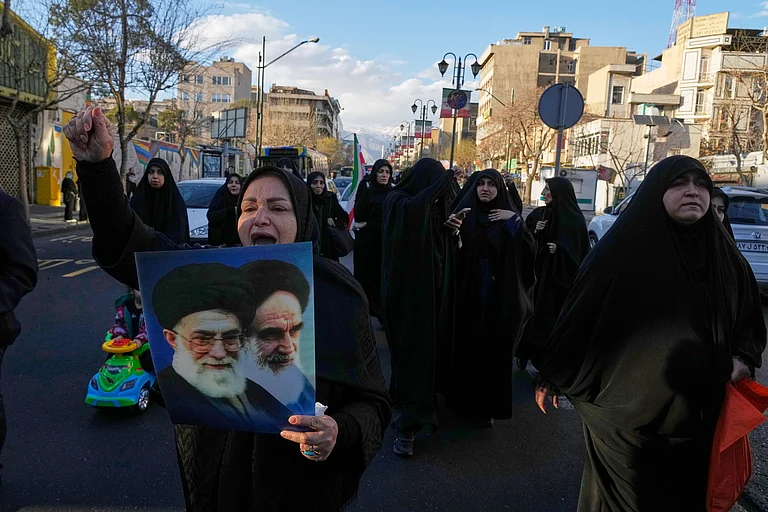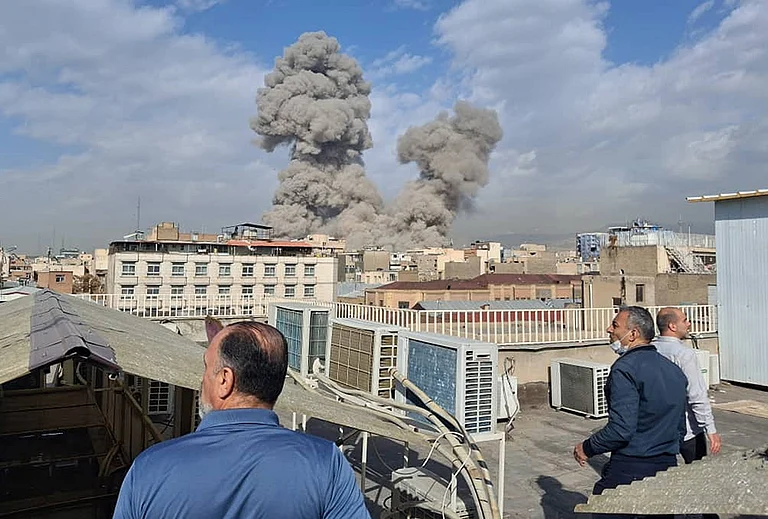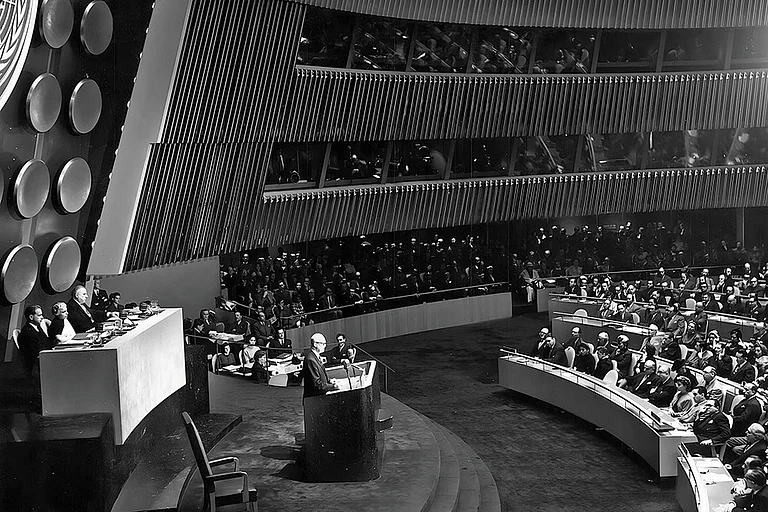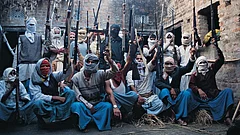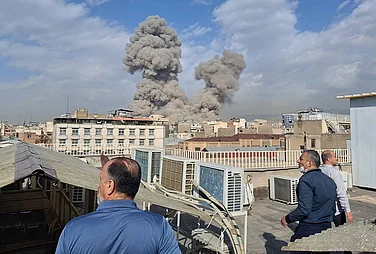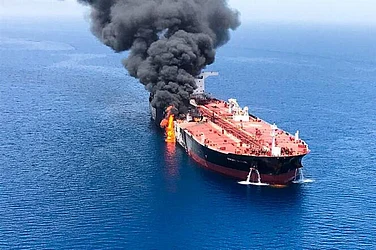The Israeli regime carried out attacks against nuclear facilities in Iran—the Natanz Nuclear Facility (NNF) and the Isfahan Nuclear Technology Center (INTC)—on June 13, 2025, and the US, in support of this regime, attacked the Fordow Uranium Enrichment Plant, the NNF and the INTC nuclear facilities on June 22. The attack by the Zionist regime and the US on Iran’s peaceful nuclear facilities not only caused damage to Iran, but also delivered a significant blow to the nuclear non-proliferation regime.
The Treaty on the Non-Proliferation of Nuclear Weapons (NPT) was established with the aim of gradually disarming states that possess nuclear weapons. However, in practice, some of these states have misused the regime as a tool to prevent others from accessing peaceful nuclear energy. Despite their explicit legal commitments, nuclear weapon states continue to expand—for political and military reasons; to qualitatively upgrade and modernise their nuclear arsenals; develop new generations of nuclear weapons; expand the role of nuclear weapons in their security doctrines; engage in a new nuclear arms race; and, establish new nuclear alliances and sharing arrangements in different geographical regions under concepts such as “nuclear sharing” and “nuclear umbrella”. These actions are in violation of the disarmament and non-proliferation obligations under Article VI of the NPT.
Iran has a clear and positive track record of sincere and comprehensive cooperation with the international community to strengthen the non-proliferation regime, and it was one of the first signatories of the NPT. Iran has always tried to exercise its legitimate right to peaceful nuclear energy within the framework of this regime and under the full supervision of the International Atomic Energy Agency (IAEA). To that end, Iran signed the Joint Comprehensive Plan of Action (JCPOA) in 2015 with the US, three European countries, Russia, and China. This agreement explicitly confirmed Iran’s right to use peaceful nuclear energy, while Iran formally committed to refrain from any effort to develop nuclear weapons.
The JCPOA was a successful example of an agreement between nuclear-armed states and a country with indigenous nuclear knowledge and technology. However, it was violated by the unilateral withdrawal of the US. Despite this, Iran continued to fulfil its commitments and expected the remaining parties to also adhere to the agreement, and despite repeated breaches, Iran continued negotiations with the JCPOA violators and did not cut off its cooperation with the IAEA.
Despite Iran’s goodwill, the IAEA’s biased and politically motivated recent report laid the groundwork for issuing a resolution against Iran’s nuclear programme, which was subsequently followed by the Zionist regime’s attack on Iran. Rafael Grossi, the IAEA Director General, in contradiction to his responsibilities to protect the nuclear facilities of member states, refused to condemn the attack of Israel and US and, through his actions, severely damaged the credibility and reputation of the IAEA.
Iran has consistently emphasised that it has no plans to acquire nuclear weapons and considers the production of weapons of mass destruction to be contrary to Islamic teachings.
Despite Iran’s full compliance with the principles and norms of the non-proliferation regime, this regime not only failed to prevent the attack on Iran’s nuclear facilities, but was also unable to defend Iran’s recognised right to nuclear energy under the JCPOA. Worse still, the IAEA, through its false reporting, assisted a non-member entity in attacking a member state of the NPT, and even worse, it has refused to condemn the attack.
When a genocidal regime—whose leaders have been condemned as war criminals by the International Court of Justice (ICJ)—freely attacks a country committed to the non-proliferation regime, it sends a dangerous message to other states: that instead of transparency, responsibility, and compliance with international law, it is better to pursue nuclear energy covertly. As a responsible member of the IAEA, Iran has always stressed that nuclear-armed countries must take the necessary steps to dismantle their arsenals within the framework of the non-proliferation regime. In 1974 itself, Iran proposed the idea of a Middle East free of nuclear weapons and, over the past 50 years, has made significant efforts toward this goal alongside other regional countries. However, opposition from the US and several of its European allies has continued to obstruct the realisation of this important objective.
The Islamic Republic of Iran, along with the majority of Global South states, has expressed deep dissatisfaction over the lack of progress in the implementation of nuclear disarmament commitments. The Global South is witnessing an escalation of nuclear threats. Most non-nuclear-weapon states have lost confidence in the NPT’s ability to lead to nuclear disarmament and to prevent the growing nuclear threat.
As a key member of the Global South—whose need for nuclear energy is urgent due to climate and economic challenges—Iran has acted in a responsible and lawful manner to defend the legitimate right to peaceful nuclear energy, and wants to prevent the complete collapse of the nuclear non-proliferation regime.
(Views expressed are personal)
MORE FROM THIS ISSUE
Iraj Elahi is the ambassador of the Islamic Republic of Iran to India
In Jungle Raj, Outlook’s August 1 issue, we explored why the Bihar elections matter so much. Our reporters delved into the state’s caste equations, governance records, electoral controversies and national ambitions, along with taking a hard look at the law and order situation— all of which make the 2025 Bihar Assembly elections one of the most consequential state polls of this electoral cycle. The Article appeared as 'Nuclear Friction'.








